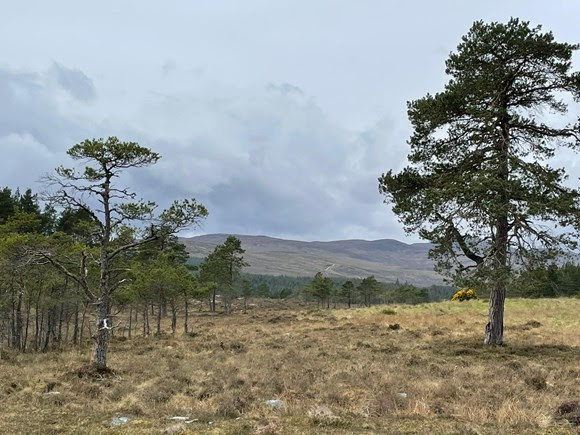Carbon market must have positive environmental outcomes and deliver community benefit, say new discussion papers
ECONOMIC AND LEGAL experts have explored how to help manage Scotland’s growing natural capital dilemma, as investor interest in acquiring land for carbon offsetting continues to grow.
Commissioned by the Scottish Land Commission as part of a series of independent papers, the latest Land Lines discussion papers analyse the current state of Scotland’s carbon market and offer suggestions for ensuring that major changes to the use of land have positive environmental outcomes, and land owners and developers collaborate with local communities.
Within the papers, the authors state that Scotland cannot afford to allow a small number of actors to make the key decisions about natural capital which will affect everyone in Scotland for decades to come.
The papers conclude that pre-emptive policy interventions are deemed necessary to ensure that carbon markets make a positive contribution to the just transition to net zero.
The ‘Land Lines’ papers were written by Economics Professor, Sir Dieter Helm CBE of Oxford University, and University of Glasgow School of Law’s Dr Jill Robbie and Dr Giedre Jokubauskaite.
Natural capital is the renewable and non-renewable stocks of natural assets, including geology, soil, air, water, and plants and animals that combine to yield a flow of benefits to people. Adopting a natural capital approach enables us to understand the role of our natural environment, alongside its intrinsic value, as an asset that underpins and enhances our economy and society.
The launch of the papers comes as part of a wider engagement exercise by the Scottish Land Commission, alongside its ‘Natural Capital and Land’ online events which will see the Land Lines’ authors discussing natural capital and its role in Scotland.
Hamish Trench, Chief Executive of the Scottish Land Commission, said: “The new papers are incredibly helpful in stimulating the debate surrounding the land and carbon market within Scotland.
“Through commissioning leading experts in the field to draft these papers, the reports show there is much to be learned from considering wider legal and economic principles to help shape Scotland’s approach to harnessing the value of carbon and natural capital effectively.”
The papers were commissioned by the Scottish Land Commission to stimulate public debate and follow the recent launch of the Rural Land Market Insights Report, which revealed the drivers behind the major changes to Scotland’s surging rural land market.
The new papers suggest regulation on carbon markets, with guidance models on all things from carbon unit trading to public carbon planning.
Another key element of the discussion papers is the call to raise public interest throughout the carbon market, with authors recommending support for community involvement.
Hamish Trench added: “We’re hoping that the discussion papers, combined with the online events, will give the public a better understanding of the issues facing Scotland’s land and spark important discussions.
“Land plays a role in every aspect of everyday Scotland and part of our role at the Scottish Land Commission is to stimulate and inform discussion on how we make the most of it.”
The Scottish Land Commission works to create a Scotland where everybody can benefit from the ownership and use of the nation’s land and buildings.
To find out more about the Scottish Land Commission’s ‘Natural Capital and Land’ online events, visit: https://www.landcommission.gov.scot/events
To find out more about the Scottish Land Commission, visit: https://www.landcommission.gov.scot/
